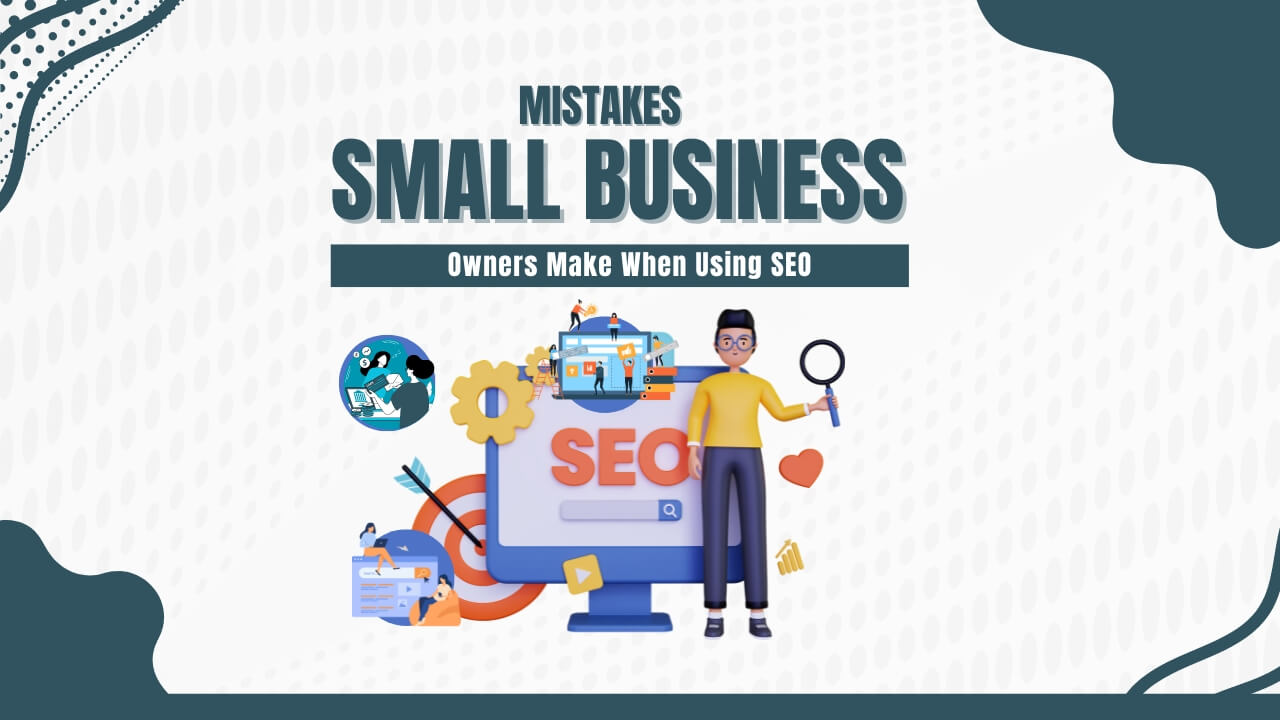In today’s digital era, where consumers majorly turn to the internet to find the solutions to their problems, mainly leveraging the online advertising platforms like the Google Ads, which has become very much essential for therapists who are looking to effectively reach their potential clients.
Well the main aim of this guide is to provide therapists with a comprehensive understanding of the Google Ads and how you can effectively utilize this powerful tool into their marketing strategies.
Understanding Google Ads for Therapists
Google Ads, also known as Google AdWords, is basically an online advertising platform developed by Google, where advertisers have to pay to display their advertisements, service offerings, product listings, video content, and generate mobile application installs within the Google ad network to web users.
Google Ads mainly operates on the pay-per-click (PPC) model, where advertisers have to pay each time on their bidding keywords when someone clicks on their Ads. Advertisements mainly appear alongside the search results when someone searches for the keywords related to the advertiser’s offering.
This targeted advertising does mainly ensure that the therapists can effectively connect with the individuals actively seeking for the mental health services.
Some of the benefits of Google Ads for therapists does mainly include the increased visibility, targeted reach, measurable results, and the ability to control the effective costs and budget.
Setting Up Your Google Ads Account
First of all to get started with Google Ads, therapists need to first create a Google Ads account. This mainly involves signing up with Google, setting up billing information, and effectively defining the campaign objectives.
Creating an account is basically straightforward, requiring some of the basic information about the therapist’s practice and also should have proper advertising goals. Once the account is fully set up, therapists can effectively structure their campaigns, ad groups, and also the ads to align with their marketing objectives.
Keyword Research for Therapists
Keyword research is very much important for the aspect of Google Ads success. Therapists need to first of all identify the relevant keywords that their potential clients are likely to be searching for their mental health service.
Tools such as Google Keyword Planner, SEMrush, and Ahrefs can effectively help therapists to discover some of the relevant keywords, assess the overall search volume, and to effectively analyze the competition. When choosing between the keywords, therapists should mainly prioritize the relevance, search volume, and also the competition level to effectively optimize the campaign performance.
Crafting Compelling Ad Copy
The effectiveness of the Google Ads mainly depends on the quality of the ad copy. Therapists must create a compelling, engaging, and also a relevant ad copy that does mainly resonate with your targeted audience.
An effective ad copy mainly includes a captivating headline, relevant keywords, a clear value of the proposition, and also a clear and strong call-to-action (CTA). A/B testing can effectively help the therapists to easily identify some of the most effective ad variations and to refine their marketing based on the overall results.
Designing Landing Pages for Conversion
While attracting the click is very much essential, converting those clicks into your clients is the ultimate goal of the Google Ads campaigns. Therapists need to effectively create optimized landing pages that provide relevant information and mainly encourage more and more visitors to make the desired action.
A high-converting landing page mainly includes a clear headline, informative content, compelling visuals, and also a prominent call-to-action, and effective forms for capturing the information of the visitors. Therapists should continuously keep on testing and optimize their landing pages to effectively improve the overall conversion rates.
Budgeting and Bidding Strategies
Setting up a budget for the bidding is very crucial for managing the Google Ads campaigns effectively. Therapists need to effectively allocate their budget wisely to get the maximum ROI while ensuring that ads do always remain visible in the competition..
Therapists can choose from the various bidding strategies, which mainly includes the manual CPC (cost-per-click), automatic CPC, the targeted CPA (cost-per-acquisition), and also to maximize clicks. By effectively understanding the pros and cons of each strategy and to align them into the campaign objective is very much essential.
Tracking and Analyzing Performance
Tracking and analyzing the campaign performance is very much essential to effectively optimize the Google Ads campaigns. Therapists should be setting their conversion tracking to effectively measure their ad and to generate more and more leads and conversion.
Some of the key performance metrics to effectively monitor include the click-through rate (CTR), conversion rate, cost-per-click (CPC), cost-per-acquisition (CPA), and also the return on investment (ROI). By effectively analyzing all these metrics, therapists can easily identify the areas for improvement and can effectively make data-driven decisions to enhance the campaign performance.
Optimizing Campaigns for Success
Continuous optimization is the ultimate key for unlocking the full potential of the Google Ads for the therapists. Therapists need to regularly review and refine their campaigns, primarily focusing on optimizing the keywords, ad copy, targeting options, and also the bidding strategies.
By experimenting with some of these different approaches, monitoring the performance metrics, and by making the adjustments based on the valuable insights, therapists can effectively drive better results and can easily achieve their advertising goals.
Common Mistakes to Avoid
While Google Ads does offer various opportunities for therapists, here are common mistakes that can hinder some of the campaign success. This mainly includes targeting the wrong keywords, neglecting the ad relevance, failing to effectively optimize the landing pages, and overspending on ineffective campaigns.
Therapists should always be aware of some of these common pitfalls and have to take proactive measures to avoid them, such as conducting a thorough keyword research, testing different ads variations, and continuously optimizing their campaigns based on the performance data.
Legal and Ethical Considerations
When advertising the mental health services, therapists must adhere to legal and all the ethical standards, including the HIPAA regulations and also the professional codes of conduct. It is very essential to mainly prioritize the patient’s privacy and confidentiality, avoid making false claims or promises, and ensure that the advertising content complies with the industry regulations.
Therapists should mainly consult the legal experts and also the professional associations to stay informed about the relevant laws and guidelines and to ensure the compliance in their advertising practices.
Conclusion
In conclusion, Google Ads can be one of the most powerful tools for therapists to attract more and more new clients, increasing the visibility, and growing their practices online.
By understanding some of the basic fundamentals of Google Ads, conducting a thorough keyword research, crafting a compelling ad copy, and continuously optimizing the campaigns, therapists can effectively unlock the full potential of this platform and can achieve their marketing goals.
With proper planning, strategic execution, and continuous monitoring, therapists can effectively harness the power of Google Ads to connect with the individuals in need of mental health support and make a meaningful difference in their lives.






